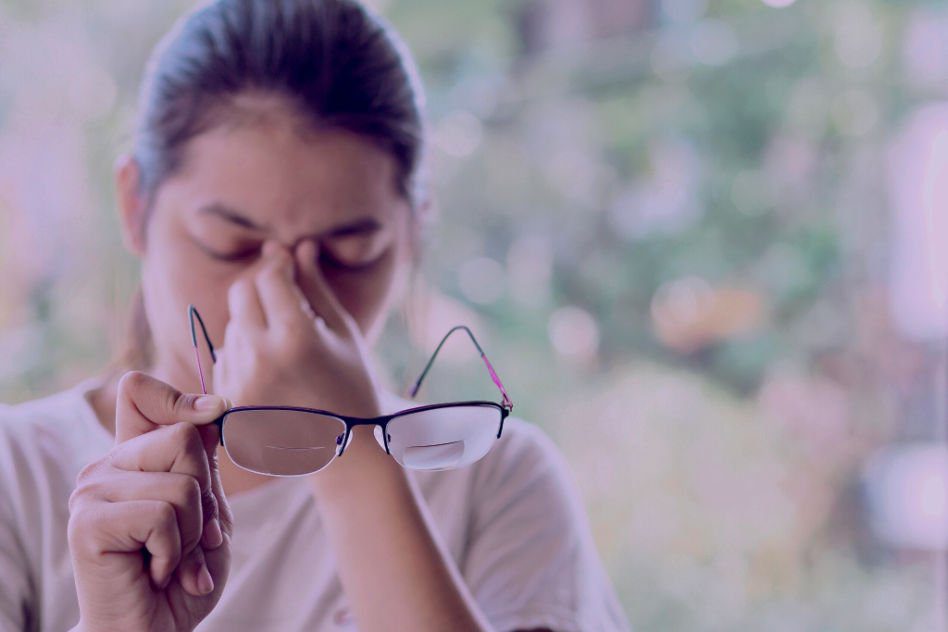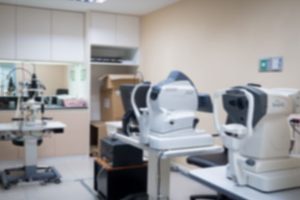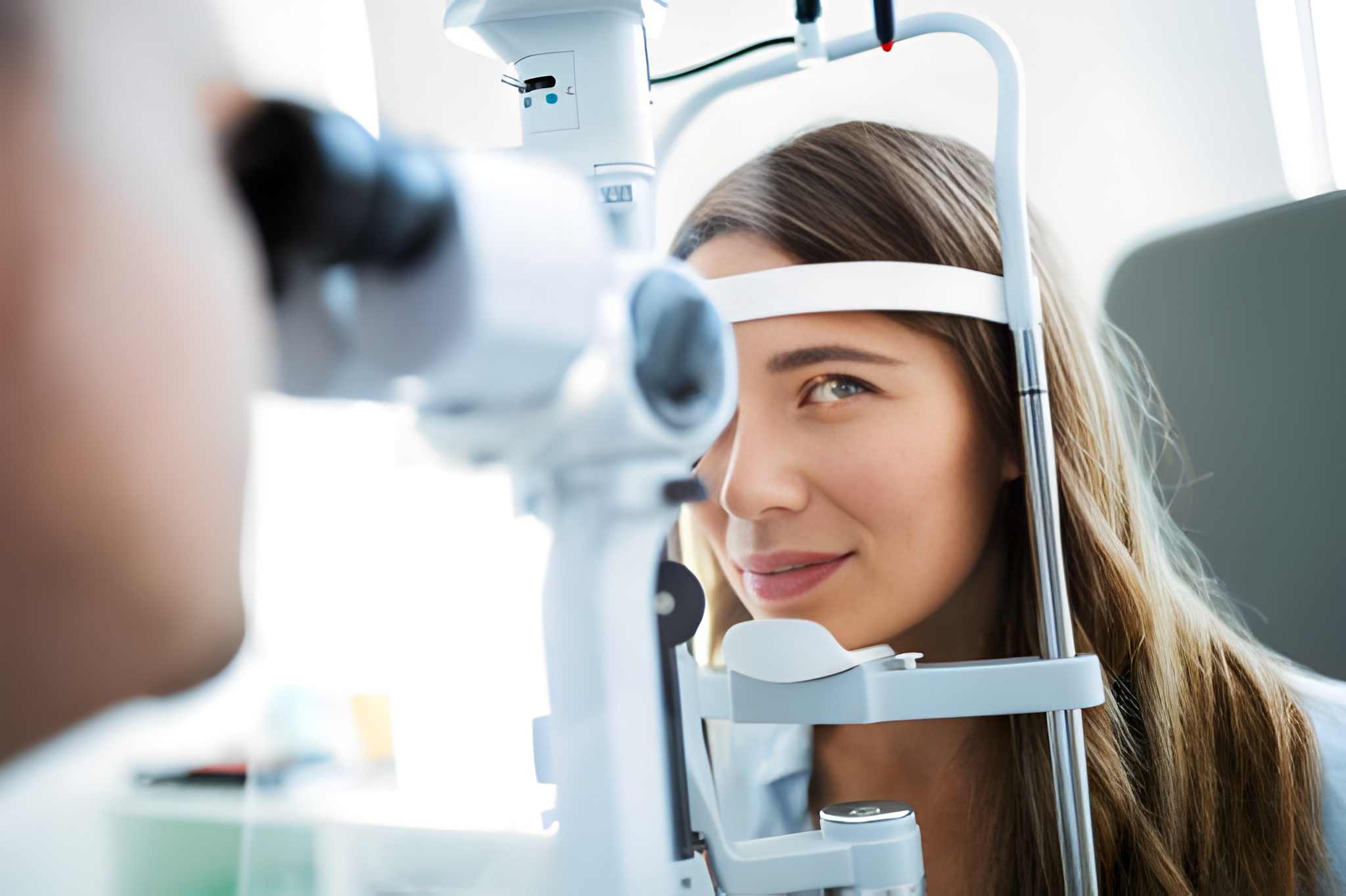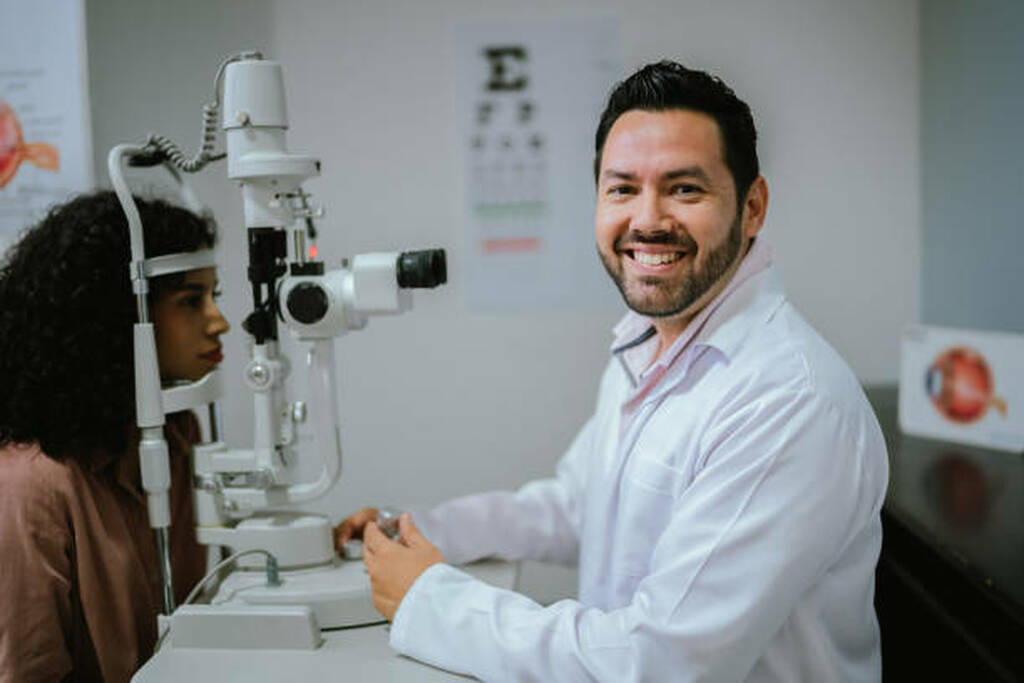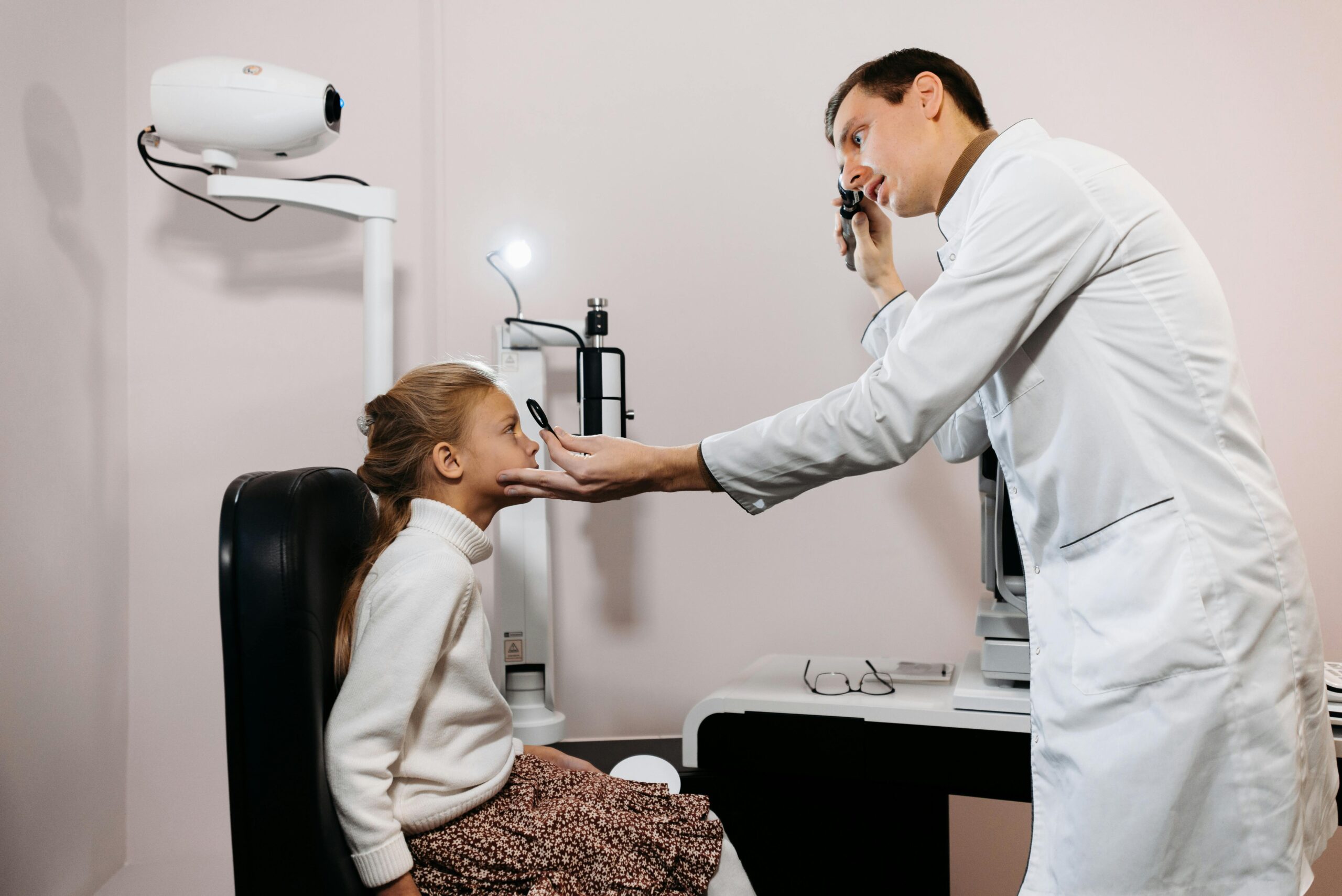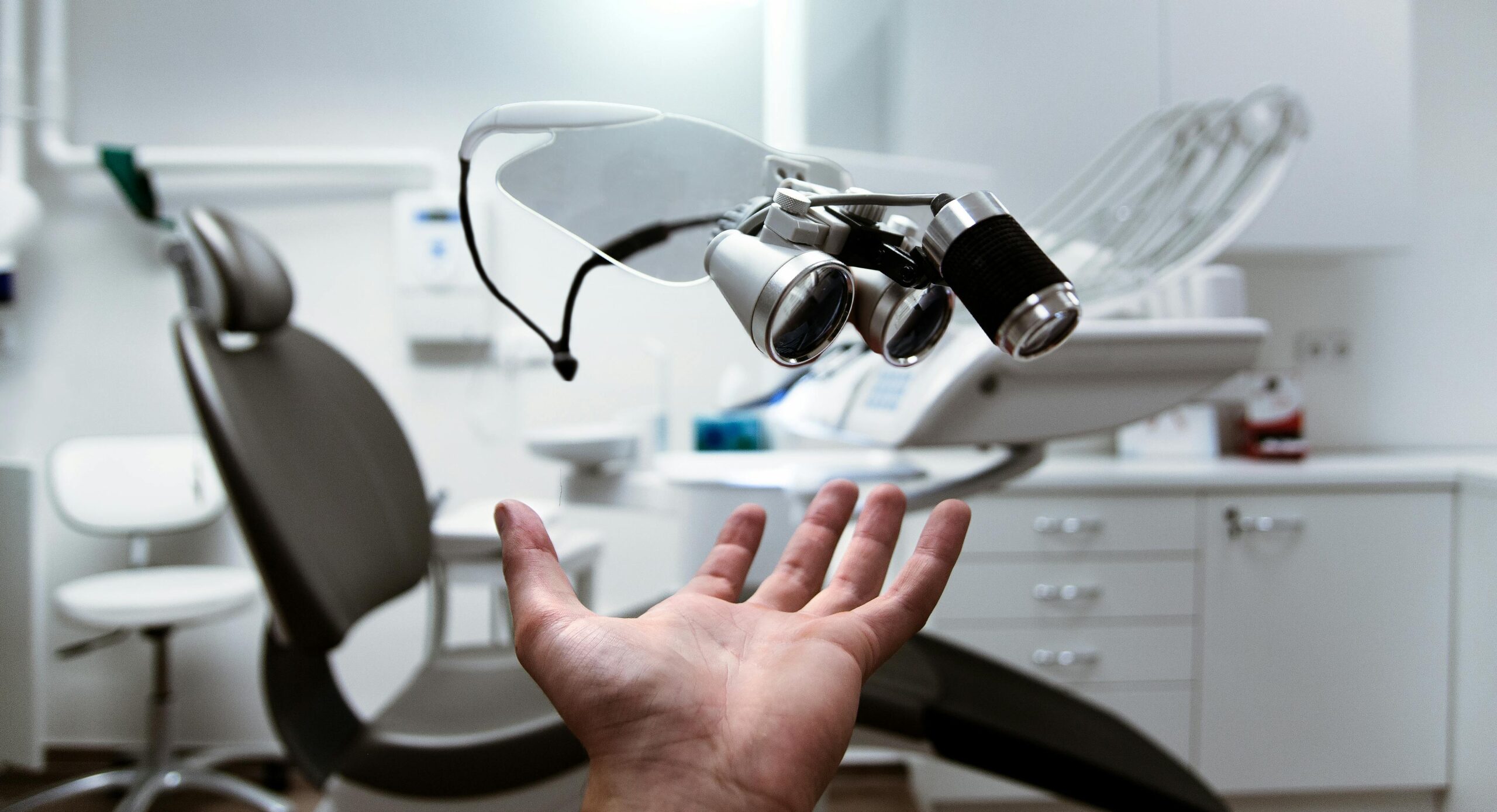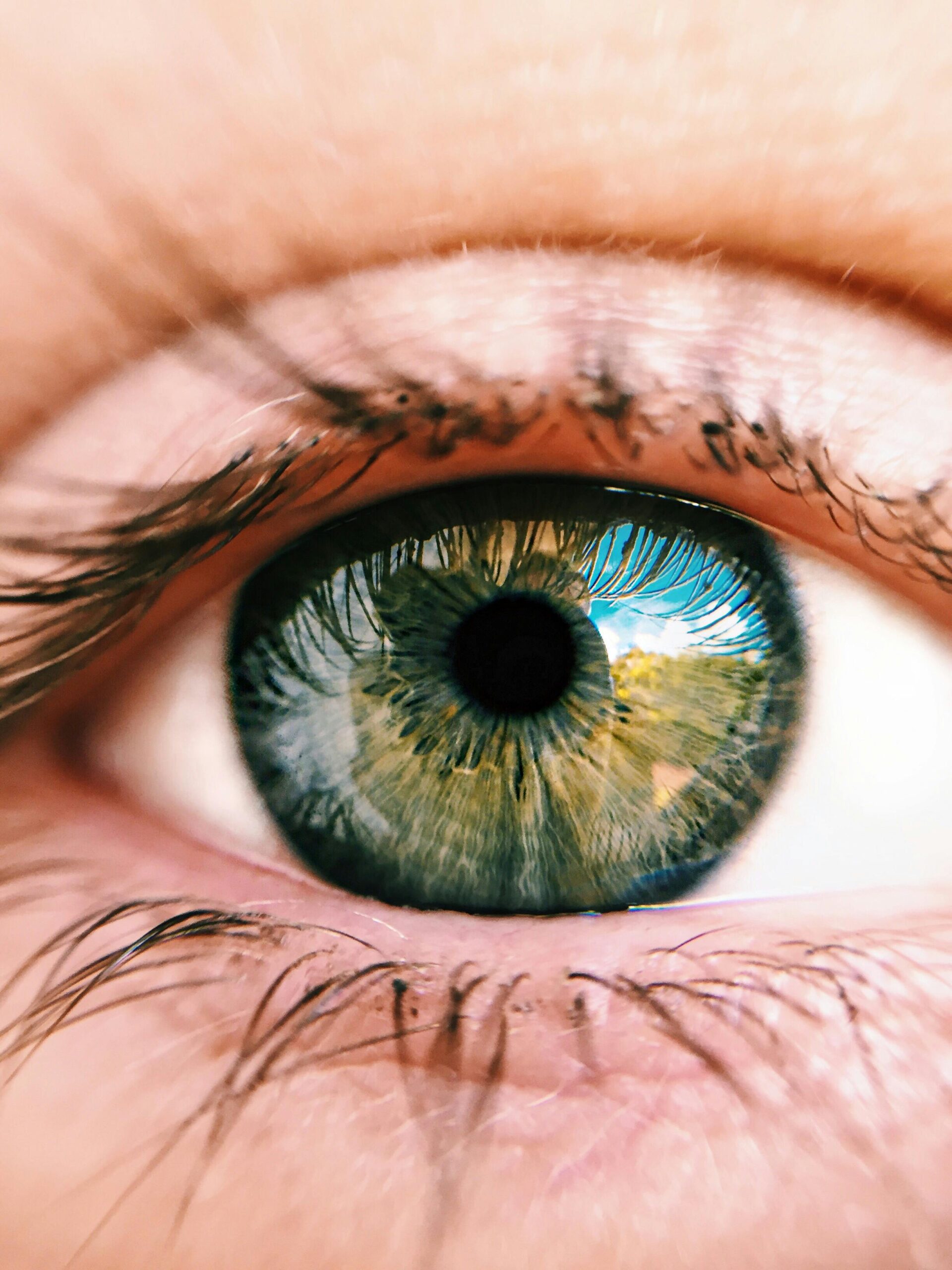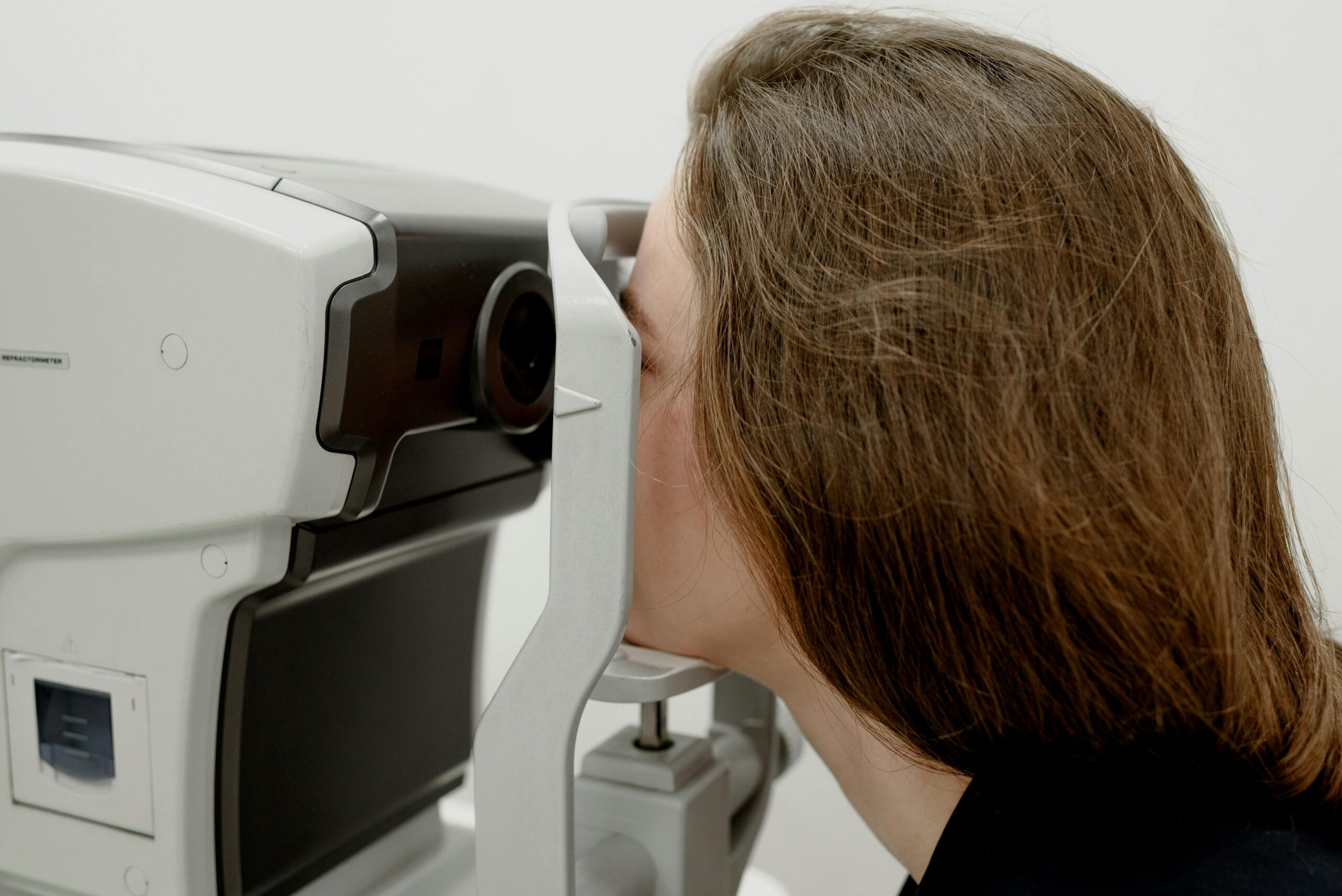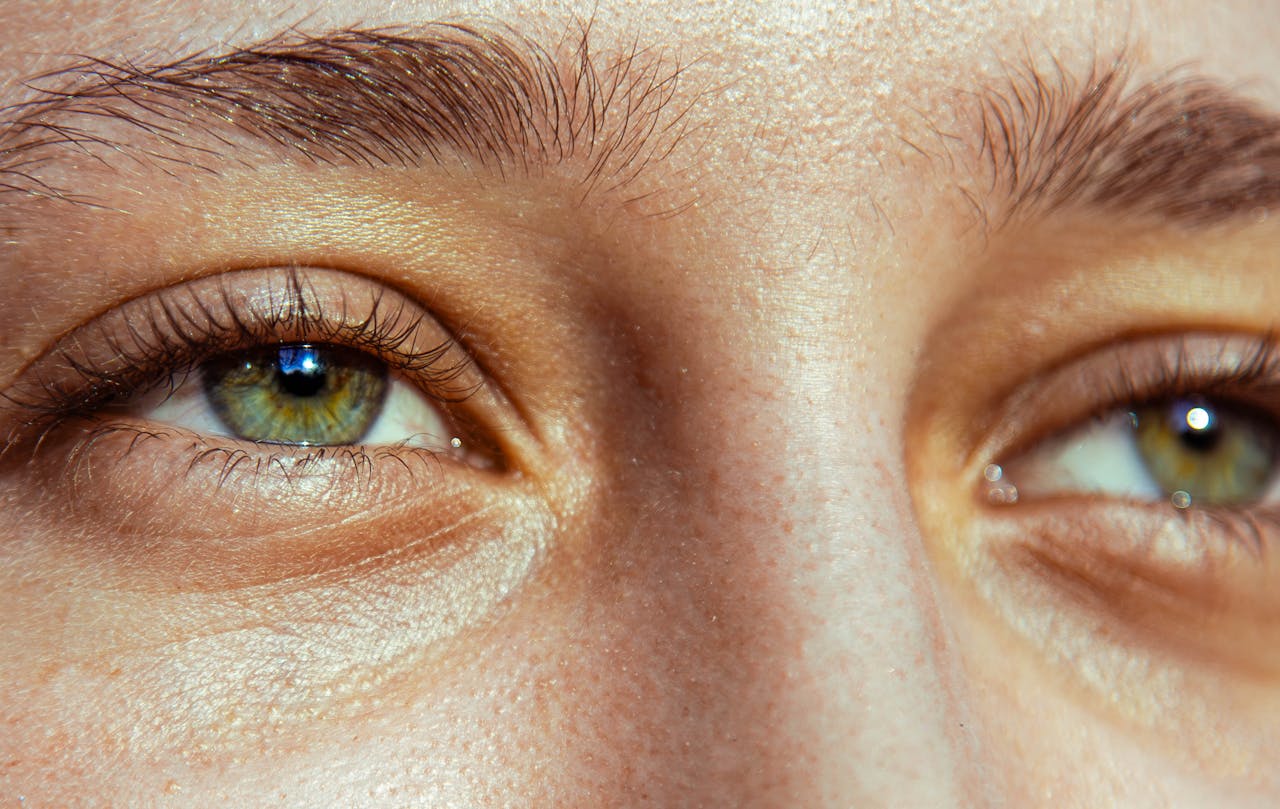What is Macular degeneration?
Macular degeneration is a prevalent eye condition that affects a significant number of individuals in Dubai. The macula plays a crucial role in tasks such as reading, recognizing faces, and driving. Macular degeneration is a progressive disease that can lead to vision loss and significantly impact the quality of life. As a leading cause of vision loss, understanding the nuances of macular degeneration is crucial for both prevention and effective management. This comprehensive guide written by Dr-Qasim Best Eye Specialist in Dubai aims to provide in-depth insights into macular degeneration, tailored to the context of Dubai. From the definition of macular degeneration to the specific factors influencing its prevalence in the region, this guide will cover every aspect to empower individuals with knowledge and resources for better eye health.
Explanation of Macula and Its Function
The macula, a small but vital part of the retina, is responsible for central vision and the ability to see fine details. Its intricate structure enables us to perform essential tasks like reading, recognizing faces, and discerning colors. A healthy macula is essential for maintaining overall visual acuity and clarity.
Types of Macular Degeneration:
Dry Macular Degeneration:
Dry macular degeneration, also known as atrophic or non-neovascular, is the more common form of the condition. It occurs when the macula thins and breaks down over time, leading to the formation of small yellow deposits known as drusen. As this condition progresses, vision may become blurry or distorted, impacting day-to-day activities.
Wet Macular Degeneration:
Wet macular degeneration, or neovascular, is less common but more severe. It involves the growth of abnormal blood vessels beneath the macula, leading to leakage of blood and fluid. This can cause rapid and significant vision loss. Early detection and intervention are crucial in managing wet macular degeneration effectively.
Risk Factors:
Age:
The primary risk factor for macular degeneration is advancing age. Individuals over the age of 50, particularly those in their 60s and beyond, are at a higher risk of developing this condition. As Dubai has a growing elderly population, understanding and addressing age-related eye conditions become increasingly important.
Genetics:
Genetic factors play a role in the development of macular degeneration. Individuals with a family history of the condition are at a higher risk. Genetic predisposition can be a key consideration for residents in Dubai, given the diverse genetic backgrounds present in the population.
Lifestyle Factors:
Certain lifestyle choices can contribute to the risk of macular degeneration. Factors such as smoking, poor diet lacking essential nutrients, and prolonged exposure to sunlight without protection can increase susceptibility. In the vibrant and fast-paced lifestyle of Dubai, addressing these lifestyle factors becomes crucial for maintaining eye health.
Symptoms and Diagnosis:
Common Symptoms
Recognizing the symptoms of macular degeneration is crucial for early intervention. Common symptoms include:
- Blurred or Distorted Vision: Straight lines may appear wavy or distorted, impacting activities like reading.
- Dark or Empty Areas: Blank spots or dark areas may appear in the central vision.
- Difficulty Recognizing Faces: Facial features may become challenging to distinguish.
- Changes in Color Perception: Colors may seem less vibrant or accurate.
Read More: Eye Diseases and Disorders
Diagnostic Procedures
Eye Examination:
Eye examinations are fundamental in diagnosing macular degeneration. Ophthalmologists assess the health of the retina, check for the presence of drusen, and evaluate the macula. Visual acuity tests, such as the Amsler grid, may be employed to detect distortions in central vision.
Imaging Tests:
Various imaging tests aid in diagnosing and monitoring macular degeneration. Optical coherence tomography (OCT) provides detailed cross-sectional images of the retina, helping to detect abnormalities. Fluorescein angiography involves injecting a dye into the bloodstream to highlight blood vessels in the retina, aiding in the diagnosis of wet macular degeneration.
Visual Acuity Tests:
Visual acuity tests, including standard eye charts, assess the clarity and sharpness of vision. These tests help quantify vision loss and determine the impact of macular degeneration on visual function.
Get Appointment For: Retina Specialist in Dubai
Treatment Options:
Management of Dry Macular Degeneration
Lifestyle Changes:
Lifestyle modifications play a significant role in managing dry macular degeneration. This may include quitting smoking, maintaining a healthy diet rich in antioxidants and nutrients, and protecting the eyes from prolonged sun exposure.
Dietary Recommendations:
Specific nutrients, such as vitamins C and E, zinc, copper, and lutein, have been associated with slowing the progression of macular degeneration. Dietary adjustments, including the incorporation of leafy greens, fish, and supplements, can contribute to maintaining eye health.
Intervention for Wet Macular Degeneration
Anti-VEGF Injections:
In wet macular degeneration, anti-vascular endothelial growth factor (anti-VEGF) injections are a standard treatment. These injections help inhibit the growth of abnormal blood vessels, reducing the risk of leakage and preserving vision.
Photodynamic Therapy:
Photodynamic therapy involves using a light-sensitive drug to selectively treat abnormal blood vessels. This minimally invasive procedure can help slow the progression of wet macular degeneration.
Emerging Therapies and Research:
Ongoing research explores innovative therapies, including gene therapy and stem cell treatment, aiming to address macular degeneration more effectively. Staying informed about these emerging developments is essential for individuals seeking cutting-edge treatments in Dubai’s dynamic healthcare landscape.
Living with Macular Degeneration:
Coping Strategies:
Low Vision Aids:
Embracing low vision aids can significantly enhance daily life for individuals with macular degeneration. Devices such as magnifiers, telescopic lenses, and electronic magnification tools can assist in reading, writing, and performing other visual tasks, promoting independence despite vision challenges.
Support Groups:
Joining support groups provides a valuable platform for individuals to share experiences, exchange coping strategies, and receive emotional support. Dubai’s diverse community allows for the creation of specialized support groups, fostering a sense of connection and understanding among individuals facing similar challenges.
Lifestyle Adjustments:
Adaptive Technologies:
Integrating adaptive technologies into daily life can facilitate greater independence. Smartphone apps with voice commands, screen readers, and other assistive technologies empower individuals to navigate their surroundings and engage in activities with increased confidence.
Home Modifications:
Making specific modifications to the home environment can enhance safety and ease of living. Good lighting, contrasting colors, and minimizing obstacles contribute to a more accessible living space. Dubai’s modern infrastructure allows for seamless integration of these modifications into contemporary living spaces.
Preventive Measures:
Eye Health Tips:
Balanced Diet: Incorporate foods rich in vitamins A, C, and E, as well as minerals like zinc and copper.
Regular Exercise: Engage in physical activity to promote overall health and eye wellness.
Eye Protection: Wear sunglasses that block harmful UV rays to safeguard the eyes from sun-related damage.
Regular Eye Exams:
Regular eye examinations are essential for early detection and intervention. Dubai’s advanced healthcare infrastructure ensures accessibility to comprehensive eye care services, allowing residents to prioritize their visual health.
Early Detection Importance:
Emphasizing the significance of early detection, individuals are encouraged to schedule routine eye check-ups. Detecting macular degeneration in its early stages enables timely management and can significantly impact the preservation of vision.
Final Thoughts
In this comprehensive guide on macular degeneration in Dubai, we’ve covered crucial aspects, including the definition of macular degeneration, its types, symptoms, diagnosis, treatment options, and living with the condition. Understanding risk factors, preventive measures, and available resources are vital components of managing macular degeneration effectively.
To those facing macular degeneration in Dubai, it’s important to recognize that you are not alone. Empowerment comes from understanding your condition, seeking support, and embracing the available resources. With the advancements in healthcare, technology, and support services in Dubai, individuals with macular degeneration have the tools and community needed to lead fulfilling lives despite the challenges posed by the condition. Remember, knowledge is empowerment, and your journey is supported by a network of resources and a community that understands and cares.
Read More: Sore Eyes Symptoms and Treatment in Dubai
Frequently Asked Questions on Macular Degeneration in Dubai
What foods should be avoided with macular degeneration?
While there’s no specific diet to prevent or cure macular degeneration, certain dietary adjustments may be beneficial. It’s generally recommended to avoid excessive intake of processed foods, refined sugars, and saturated fats. Additionally, reducing the consumption of high-glycemic index foods and incorporating a diet rich in antioxidants, omega-3 fatty acids, and vitamins A, C, and E from sources like leafy greens, fish, and colorful fruits can support overall eye health.
2. Can the macula be replaced?
Currently, there is no procedure to replace the macula. However, ongoing research in the field of regenerative medicine and stem cell therapy holds promise for future treatments. As of now, management strategies focus on slowing the progression of macular degeneration and preserving existing vision through various interventions.
3. What is the newest treatment for macular degeneration?
As of my last knowledge update in January 2022, anti-VEGF injections remain one of the primary treatments for wet macular degeneration. However, the field of macular degeneration research is dynamic, and new treatments may have emerged since then. Consult with an eye care professional to get the most up-to-date information on the newest treatments available.
4. How is life after macular degeneration?
Life after macular degeneration can vary depending on the severity of the condition, the effectiveness of treatments, and individual coping strategies. With proper management, lifestyle adjustments, and support, many individuals with macular degeneration continue to lead fulfilling lives. Low vision aids, adaptive technologies, and support networks contribute to maintaining independence and overall well-being.
5. What is the success rate of macular degeneration surgery?
As of my last update in January 2022, surgical options for macular degeneration are limited, and success rates can vary. Surgical procedures are generally not the primary approach for macular degeneration, but interventions like laser Eye Surgery or photodynamic therapy may be considered in specific cases. Success rates depend on factors such as the type and stage of macular degeneration and individual response to treatment. Consultation with an eye care specialist is crucial for personalized information.
6. Can you treat macular degeneration without injections?
While anti-VEGF injections are a common treatment for wet macular degeneration, the management of dry macular degeneration often involves lifestyle changes, dietary modifications, and nutritional supplements. These can be part of a holistic approach to slow the progression of the condition. However, the effectiveness of treatment varies from person to person, and professional medical advice is essential for determining the most suitable approach.
7. How can I improve my macular degeneration?
While macular degeneration cannot be cured, several strategies may help manage the condition and potentially slow its progression:
- Adopt a healthy diet: Emphasize foods rich in antioxidants, vitamins, and minerals.
- Quit smoking: Smoking is a significant risk factor for macular degeneration.
- Protect your eyes from UV rays: Wear sunglasses with UV protection.
- Monitor your overall health: Conditions like hypertension can impact macular degeneration.
- Follow treatment plans: Adhere to prescribed treatments and attend regular eye check-ups.



